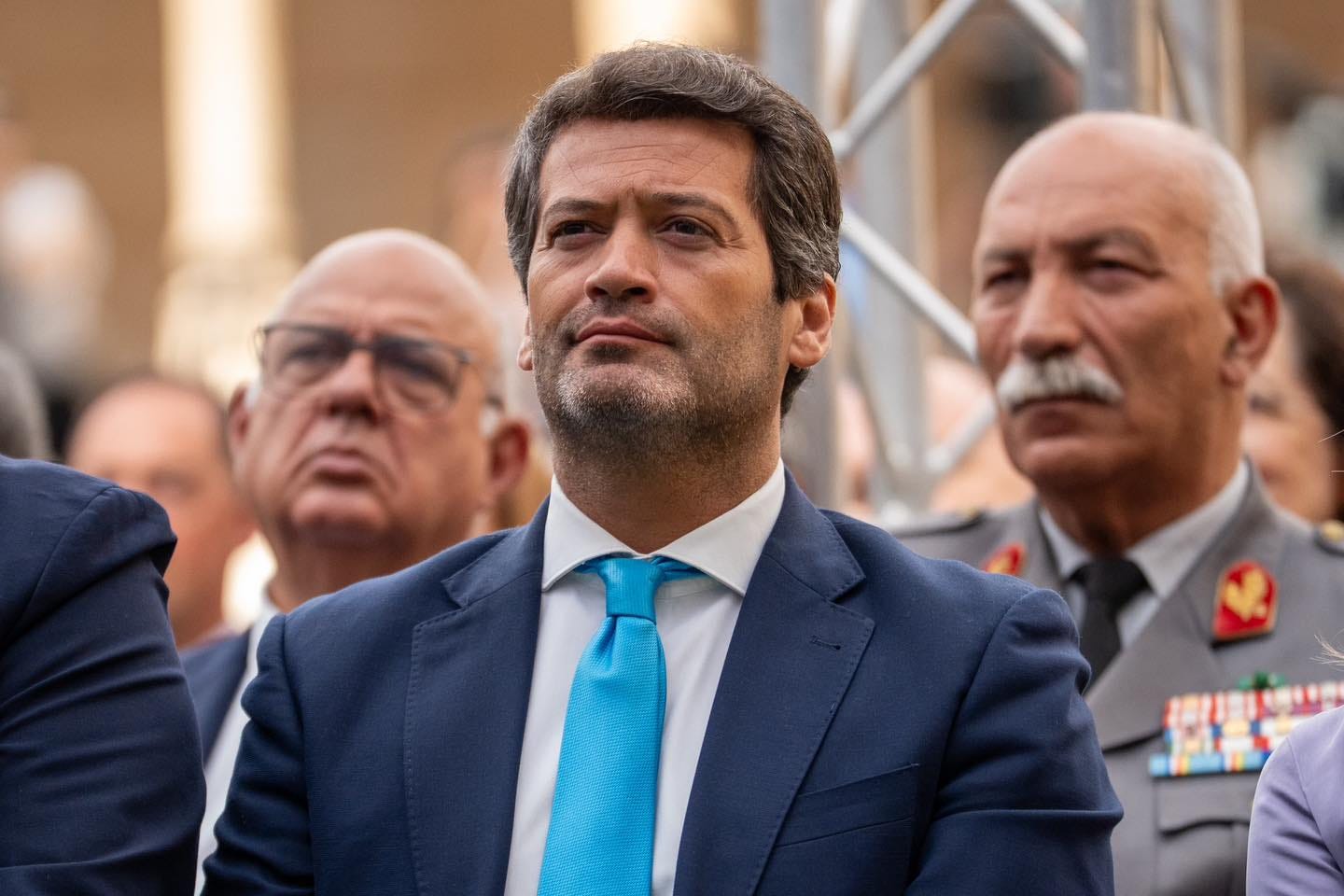Chega to launch inquiry on nationality and residency attribution
Chega is ensuring that the issue of migration remains in the spotlight, while also seeking to hold the centre-right AD government accountable.

The far-right Chega party is launching a parliamentary inquiry into the attribution of nationality and residency to foreign citizens under the previous Socialist (PS, 2015–2024) and Social Democratic/CDS (PSD/CDS, 2011–2015) governments.
Exercising its direito potestativo, a right that allows each parliamentary group to initiate one inquiry per legislative session without needing approval from other parties, Chega has triggered a commission to investigate what it calls the “disorganised entry” of foreigners into Portugal.
Party leader André Ventura said the inquiry “must find out to the fullest extent, without limitations of people or positions, who was responsible for the entry of many individuals with criminal records, without any verification.”
He also suggested the inquiry could result in referrals of previous office-holders to the Public Prosecutor.
What Are Parliamentary Inquiries?
Parliamentary inquiry commissions (CPIs) are investigative arms of the legislature, with powers comparable to those of judicial authorities.
Their main purpose is to hold the government and public administration accountable, ensuring compliance with constitutional and legal standards.
As outlined in Article 1 of the Legal Framework for Parliamentary Inquiries, CPIs are democratic instruments designed to “monitor the observance of the Constitution and laws” and “evaluate the actions of the Government and Administration.”
Hearings are usually public and recorded, unless the commission decides otherwise, and are transcribed into official minutes.
They may be held behind closed doors upon request by a party or an individual involved.
A CPI can be formed either through majority approval in Parliament or by a request from one-fifth of the MPs.
In Chega’s case, with 60 seats (above the 46 required), the commission must be established once the request is formally submitted.
Political Strategy
Chega’s decision to use its sole guaranteed inquiry so early in the legislative session sends a clear message: immigration will remain a central theme in the Portuguese political agenda.
The party is also seeking to put pressure on the current centre-right AD government, just as it is moving to tighten immigration laws.
By targeting both the previous PS and PSD/CDS administrations, effectively the current AD coalition, Chega aims to present all mainstream parties as equally responsible for what it portrays as a failure in border control.
The strategy is to position Chega as the only party truly committed to restricting immigration, thereby reinforcing its image as the leading anti-immigration force in the eyes of voters.
The inquiry is expected to summon high-profile figures, including former Prime Minister António Costa, current Prime Minister Luís Montenegro, and likely future PS leader José Luís Carneiro.
One Shot Only
Chega’s move has another key consequence: by using its one direito potestativo, it forgoes the option of triggering a second mandatory inquiry this session, namely, the proposed probe into the Spinumviva scandal, which involved Montenegro’s family business and helped trigger the snap elections in May.
Although Ventura had publicly floated the idea of a Spinumviva inquiry, any new attempt would now require a plenary vote.
With PSD and CDS opposing it, success would depend on the PS’s support.
But, after its dismal result in the last general elections, the Socialist Party appears unwilling to pursue the matter, preferring instead to let the Public Prosecutor’s Office (PGR) handle the matter.
In effect, despite previously criticising Montenegro for never fully explaining his family’s business dealings, mainstream parties now appear content to let the issue fade.
Source: Lusa



